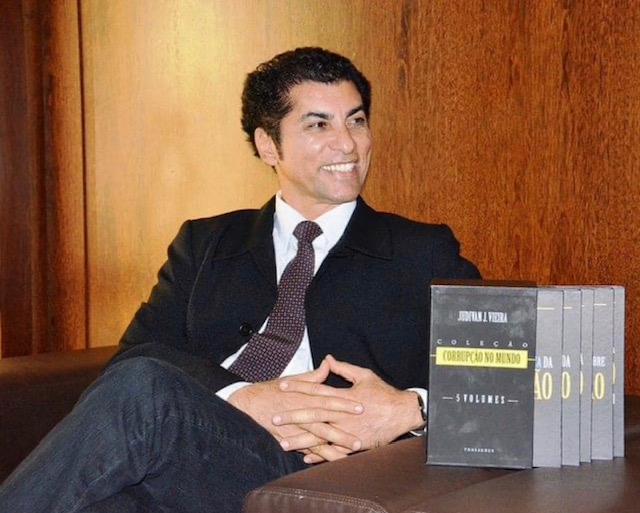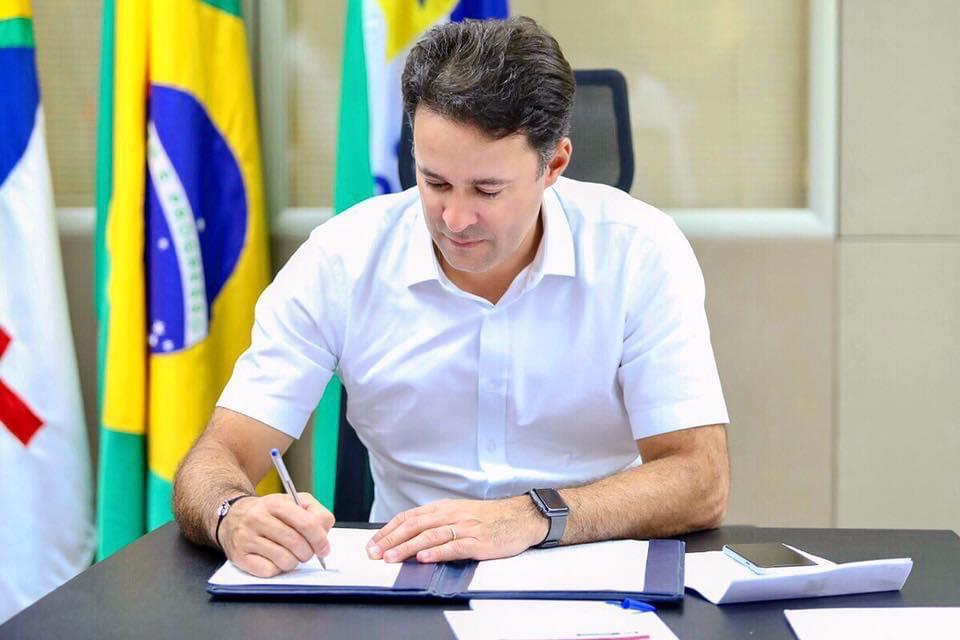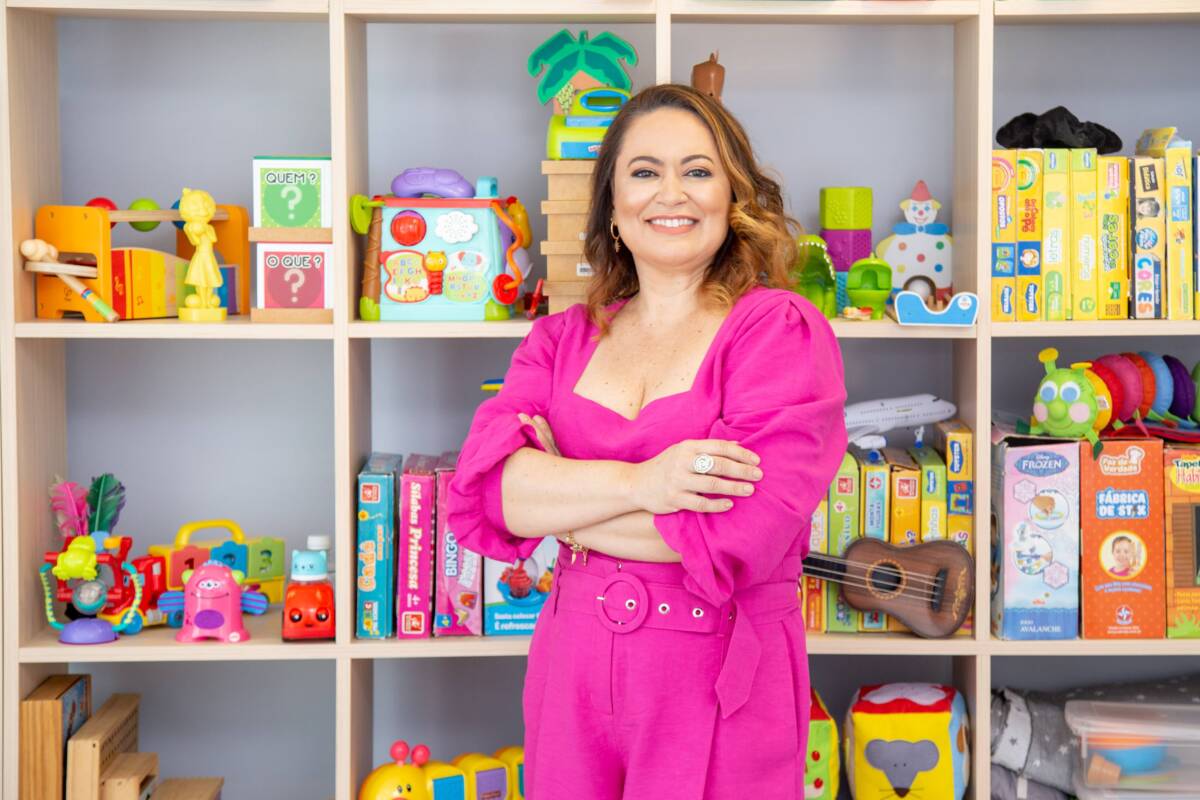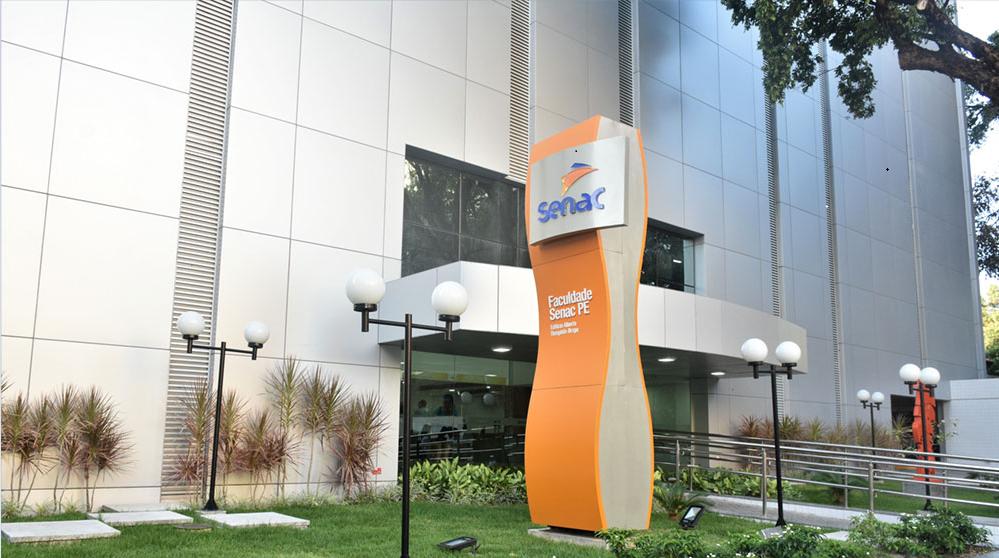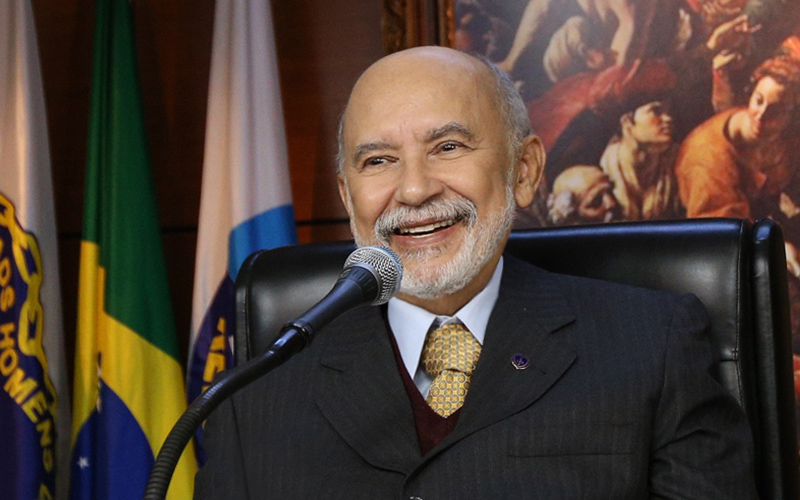
Teacher Gevani Maria da Silva. 2nd year of primary school. Juscelino Kubitschek-Planaltina-DF / Brazil Primary Education Center.
With the Covid-19 scenario, the year 2020 is marked by uncertainties, insecurities, fears, losses, challenges, reflections, learnings and transformations for everyone.
As an educational professional, an elementary school teacher in the initial grades, in a public school, I am living experiences never imagined. I am learning, adapting, reflecting and inquiring about the impacts on the educational and teaching process in the midst of this current scenario of social isolation, necessary for our safety and preservation of life.
Through this ONBOARD DIARY, I record actions and reflections of my pedagogical practice in the context of classes through remote platforms, based on daily observations, during a period of seven days.
I am a teacher at the Juscelino Kubitschek Elementary School in the city of Planaltina-DF / Brazil. I work in the 2nd year of Primary School, with children of 7, 8 years old. I have 28 students in the class. All are inserted in the platform Google Classroom / Escuela en la Vivienda-DF, of the Department of Education of the Federal District / Brazil.
However, three students do not access and do not carry out activities through the platform, as they do not have the means to do so (cell phone, computer, “internet”, family support, etc.), other 5 students, due to different demands, demonstrate many difficulties in monitoring and developing all activities on the platform, on a daily basis.
The board diary is an instrument that contributes to the professional’s reflective practice, insofar as it promotes critical thinking about the daily life of a practice based on the processes of observation, description and analysis of what has been experienced in a given context. (LIMA; MIOTO; DAL PRÁ, 2007).
According to Alves (2001, p. 224): The board diary can be considered as a record of personal experiences, in which the subject who writes includes interpretations, opinions, feelings and thoughts, in a spontaneous way of writing, with the usual intention of talking about yourself.
Tuesday. September 8, 2020.
I started the day with messages on my cell phone, from the mother of a student who does not access the Google Classroom / “Escola em Casa-DF” platform. I sent photos of the activities carried out by the student. Then, I received a message from a parent, with doubts about a gamification activity (interacts with electronic games) on the platform, since the child could not verify the options in this activity.
I accessed the platform and with my computer I made the necessary instructions and downloaded the activities received from the cell phone to my computer, to be corrected and returned to the student. I sent a message to the mother indicating that she could now delete the photos sent, so as not to overload the memory of the phone, since she had already reported that she had this problem. Students who do not access the platform carry out printed activities through brochures, prepared by teachers, with the support of the school.
The day passed with the monitoring of the activities of the virtual platform and the planning of classes, in the middle of receiving and sending new messages by WhatsApp. One of these messages came from another mother who would like to review the pending work because she leaves early to work, arrives at night and leaves the child with her older brother and she would like to know if the activities are really being carried out and which ones are pending; Another message came from a fellow teacher, struggling to use the app. I also received many messages to schedule online classes for groups of students, which I have to attend during class. Another type of message was about the application of the psychogenesis test (study of mental and personality processes) for the second semester.
As a teacher I see even more clearly the social inequality that exists in Brazil. Students who have their own resources can access the virtual platform with online classes, various, interactive, gamified activities, videos, etc., which stimulate and help improve teaching and learning.
While those who do not have the means and economic resources are deprived of this right, as is the case of my students who do not access the virtual platform. They receive only activities in print or do activities in textbooks. So I see that the platform fails, with its exclusion points. And my students? I think they are not having the same opportunities as others. This is a Brazilian social and economic problem, and I think it is global, which continues to delay personal development and that of many nations.
The same occurs with teachers, who are also adapting unevenly, because while some have technological tools and knowledge, others do not have economic resources or do not have the facility to adapt to technology. I think more investment in training is needed. There are so many simultaneous thoughts … At all times it is necessary to organize them in the mental agenda …
With the start of distance classes, I felt it was necessary to buy a new cell phone with more memory and a good camera, because what I had did not support the characteristics of what I do today. I also had to buy a mobile data package, increase the speed of the home “Internet” and increase the memory of my old laptop. Too bad that no matter how much you pay for “Internet” packages, in Brazil the service is very expensive and the quality is terrible, because the Internet crashes all the time. All companies make beautiful advertisements, but everyone’s service is very expensive and bad.
Every day I worry about doing research and studies of different tools and technological resources, because I know that my role is not only to teach, but also to take care of the formation of the character of my students. At least, I do not feel so much difficulty with the operation of the remote platform, since I had some experience with some audiovisual resources that I used in my face-to-face classes. For a moment, my mind wanders thinking that my financial budget is short, due to so much personal expense that I do with something that governments should care about. Purchase of computer, new cell phone, white board, special brushes, lighting, among others. I shook my head to stop thinking about it and moved on. If a teacher is worried about this too, he tends to get depressed.







